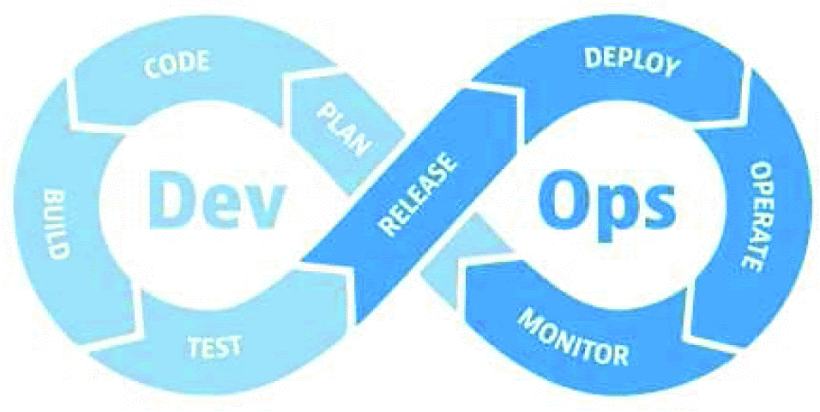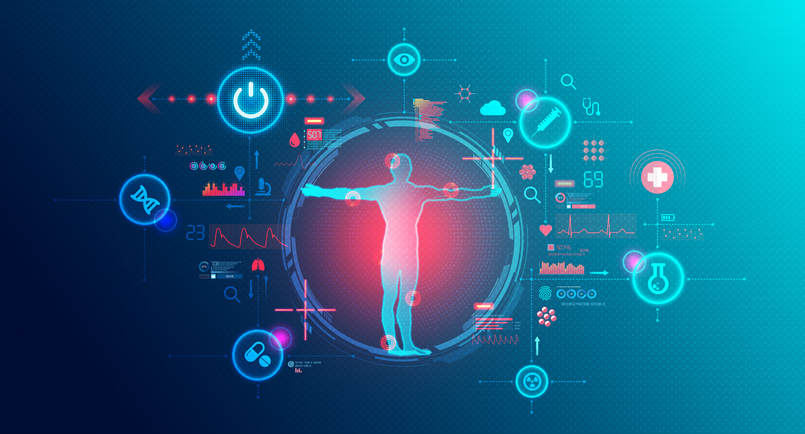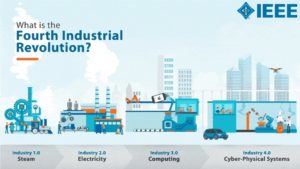Digital twins were first used by NASA in the 1960s when the organization would create physically duplicated systems at ground level to match systems in space. “Digital twins provide a way to ask the ‘what if/why not’ questions of an object or system,” says Todd Richmond, IEEE Member. In the IEEE Global study, “The Impact of Technology in 2023 and Beyond,” 98% of the technology leaders surveyed said that using digital twin technology and virtual simulations to more efficiently design, develop, and safely test product prototypes and manufacturing processes will be important for 2023, including 68% who say it will be crucial.
The world’s foremost companies across industries are leveraging digital twin technologies to optimize practices and inform decision-making. Gartner predicts that the digital twin market will reach US$183 billion in revenue by 2031, partly due to the recent advances in innovative technologies—such as internet of things (IoT) devices for pulling massive amounts of data. McKinsey estimates that digital twin technologies can drive a revenue increase of up to 10%, accelerate time to market by as much as 50%, and improve product quality by up to 25%.
The IEEE Xplore digital library provides access to the latest advancements and breakthroughs in digital twin technology. We have highlighted two recent articles:
Accelerating Simulation-Enabled Engineering
As the demand for simulation-enabled engineering grows steadily, so does the research surrounding digital twin technology. In a paper presented at the 2022 IEEE International Symposium on Systems Engineering (ISSE), researchers introduce generic processes, frameworks, and architectures for moving the field forward. The interaction between the engineering task and the models is explained based on the classification of the concrete tasks introduced. According to the paper, the authors start with a generic DevOps Cycle, which includes the steps: Plan, Construct/Implement, Build, Test, Release, Deploy, Operate, and Monitor.

Phases of a Generic DevOps Cycle
Using an EV charging infrastructure as the field of application, an Open Testing Architecture is introduced that enables “simulation as a service” approaches. In this context, the proposed generic model architecture for the efficient exchange of models within a simulation system is essential. The setup makes the exchangeability of modules, standardization, and automated configuration possible. As noted by the authors, the generic model architecture is enhanced by an interface architecture to complete the proposed architecture.
>> View the full-text article on IEEE Xplore. Full article available with purchase or subscription.
Making Digital Twins Work
The mainstream perception suggests that the promise of digital twins is in advancing engineering modeling and simulation. In an article in Computer magazine, IEEE Member Vartan Piroumian presents a different view. Piroumian posits that “the true promise of digital twins is in its potential to advance interoperability and automation across computing applications, domains, industries, and vertical markets. The goal is to create a level of interoperability that will enable automation to preclude the need for human intervention.
Making digital twins work will require the development of a technology landscape and ecosystem that address all considerations. The methodologies we use to conceive, specify, design, manufacture, distribute, and operate the complex systems and objects we encounter daily must be built to be dependable, safe, and secure. Piroumian sees advancement in many technology sectors. “Digital twin technology, if done right, can greatly aid in cultivating the synergy by which systems can share, comprehend, and reuse data, information, and processing.” Digital twin technology can enable a set of cooperating standards, methods, and frameworks to bring about a new “echelon” of capability for the objects we utilize daily.
>> View the full-text article on IEEE Xplore. Full article available with purchase or subscription.
These are just two recent examples of the thousands of documents in the IEEE Xplore Digital Library related to digital twin technology.
Interested in acquiring full-text access for your entire organization? Full articles available with purchase or subscription. Contact us to see if your organization qualifies for a free trial.





